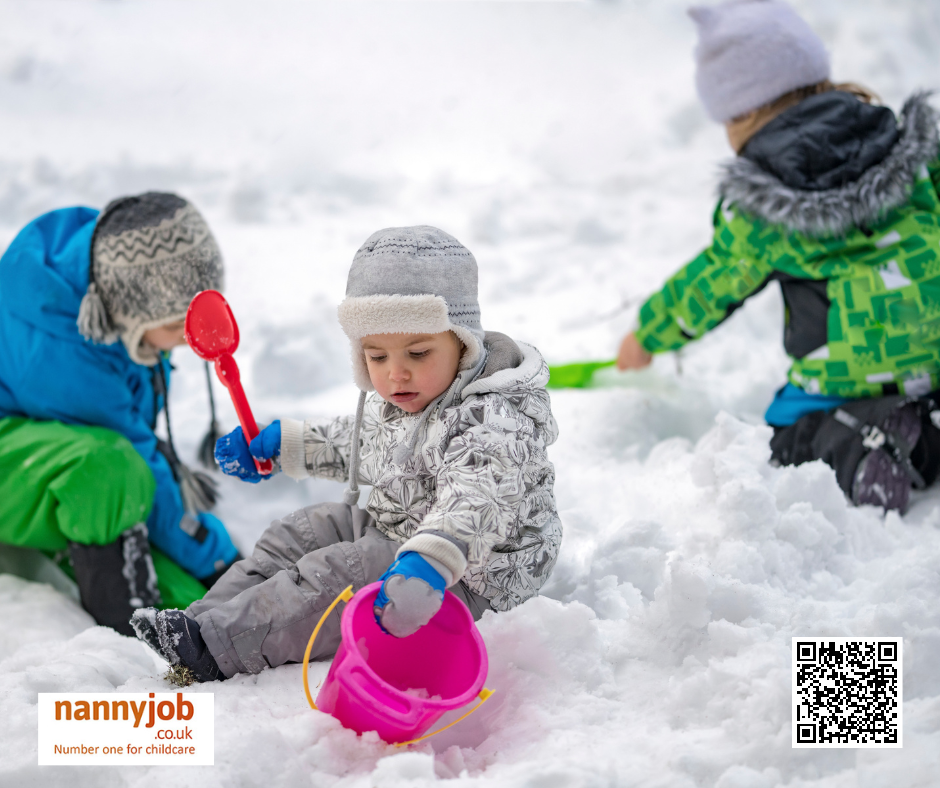If you’re in the UK right now you won’t have been able to escape the weather forescats and the news reports of severe flooding, high winds and power outages, but how many nannies have an emergency plan agreed with the parents in case of disaster?
Imagine this:
Your workplace is on a flood plain and you start to notice water coming up through the drains. The river has flooded nearby fields and the road outside has started to flood. You start to worry that if you stay put you won’t be able to get your car out and will be trapped by the water. What do you do?
Or maybe you’ve been out for the day and as you return to your bosses’s house you find that the road is so flooded you can’t get by. Where do you go?
Obviously remaining in your charge’s home, where you employers expect you to be isn’t an option in either of those scenarios, but in the thick of an emergency situation it may be difficult to keep parents informed every step of the way. This is why a pre-agreed emergency plan that both nanny and parents are aware of is so important. Even if you don’t live on a flood plain you never know what might happen!
1. Agree a safe place, or two safe places in case one is also affected
If parents return home to find you gone and can’t get in touch with you they will know where to look. This might be your own home, your charge’s grandparents or a nanny friend’s. The idea is that you have somewhere to go away from the disaster, so the next street over probably won’t cut it. Make sure you know several alternative routes to get there too, and take natural obstacles like rivers into account.
2. Make a list of what to take with you
When you evacuate a house you need to assume that you won’t be back for a while. Some things, like a change of clothes and any special cuddly toys, you’ll take automatically, but your employer might want you to also take important documents with you too. Ask them if they have a file they would like you to grab on the way out, and if they don’t suggest they put one together.
3. Know how to secure the house before you leave
Obviously you and your charges are a priority but knowing how to switch the gas/electricity/water off (especially if it’s a gas leak or a plumbing disaster) could save time later.
4. Set an emergency contact
If you can’t check in with your employers for some reason, or they can’t reach you, designate a third party contact. That way if you have to leave your charge’s house and go to your agreed safe place you can leave a message with your employers and another person.
5. Have a waterproof emergency kit
Nannies nowadays usually have contact numbers on their mobile phone, and that’s fine until the network gets overloaded or your phone slips out of your pocket into the rising floodwaters. First item in your waterproof kit is laminated contact details for the parents and emergency contact. You should also laminate all your emergency information: your safe place, your ‘to-take’ list and instructions on how to secure the house. You should also have food and water, including baby milk if necessary (you can buy pre-sterilised, pre-made bottles), a first aid kit, and a torch and batteries.
It might seem extreme, and we hope you’ll never need to use it, but when it comes to you and your charge’s safety better safe than sorry!


